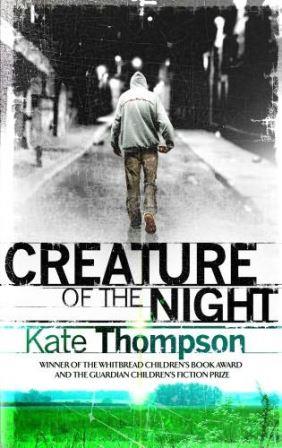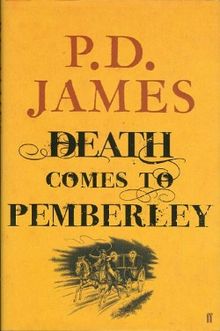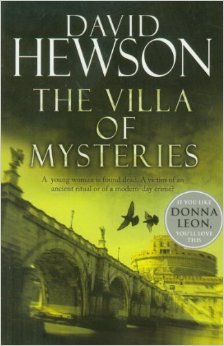
Nominated for a Carnegie Medal, shortlisted for the Booktrust Teenage Prize and marketed as a novel ‘written by the winner of the Whitbread Children’s Book Award and the Guardian Children’s Fiction Prize’, I was in danger of writing this off as a very ‘worthy’ book.
However, as soon as I began reading I was drawn in to a compelling story that had me rooting for a most unlikely hero and I read the whole slim volume (less than three hundred pages) in a mere three hours.
What’s it about?
The opening chapter immediately sets up an intriguing situation. Bobby’s mother is moving her small family out of Dublin and into the country, possibly to rescue her son from the friends she feels are leading him deeper into trouble, possibly to escape from some unknown people. She claims they’re going on a summer break, but her bolshy son can see right through that: ‘we’d given up the flat for one thing, and if we wanted to get one again we’d be right back at the bottom of the housing list’. Of course, the new house has a more interesting history than their old one, if the stories are true…
It quickly becomes evident that this family could be the nightmare family to live next door to: fourteen year old Bobby has a penchant for stealing cars and torching then, then spending all his (stolen) cash on getting stoned or drunk; his ma is on the dole and puts everything on credit, with little intention of repaying any of it; and as for his brother, Dennis, well, Dennis just wets the bed and cries, but he’s young yet. It’s alright, though, because Bobby isn’t staying, and he’s told his ma that. He told her ‘when she came up with the idea and [he] told her again when she tried to bribe [him] with the new xbox’. Bobby’s confident that he’s in charge of their relationship and is only waiting for her back to be turned long enough for him to make a good getaway because she’d be an irritation to him otherwise.
What’s it like?
Initially I found Bobby’s coldness towards his family shocking, but as the story develops and the swearing and bickering becomes less surprising it appears that Bobby might be little more than a chip off the old block – so can he really turn over a new leaf? Of course, he’s not really as bad as he seems and maybe a fresh start will be the answer. Cliches aside, it seems clear from early on (almost as soon as the writer sets up the familiar premise of new home, new town, new start) that this must be a story of how a bad boy comes good in the end. However, Bobby is determined not to enjoy his new life and it’s not long before he’s heading back to Dublin and trying to summon up his old mates Fluke, Beetle and Psycho Mike, leaving the reader with a mind full of questions. Why did Bobby’s ma move them to Dublin? Who is Bobby’s father? Can Bobby adapt to his new life? Will he be given a chance to?
As the questions pile up, we meet a cast of likeable and, perhaps more importantly, believable characters. PJ Dooley and his son Coley want to help Bobby, if he’ll let them, but Coley’s grandmother is more interested in warning Bobby’s ma to leave some milk and biscuits out for the fairies. Yes, the fairies. Don’t worry, though: this doesn’t degenerate into some mystical tale of small folk. There is a mystery and there are some who seem to believe in the fairy folk, but before long there are also rumours of an old murder and a recent unsolved disappearance. The story remains firmly rooted in reality, and although it is often a slightly sad reality, it makes for an intriguing read.
This reality is partly created by the narrator. Written in the first person, Bobby reveals what he’s seen and done in a believable voice. Snippets of his past life are integrated into the flow of the story and never slow down the pace or feel like obvious lumps of background. Indeed, the story continues past the end of the book. After a particularly surprising incident, Thompson leaves us with an epilogue that seems to show Bobby living his life several years on from the events of the main story. This life isn’t fleshed out in any real detail and leaves you pondering exactly what happened to him. Like real life, the novel’s central mysteries are never fully resolved. Often, this type of ending leaves me feeling irritated and cheated, but the ending here fits perfectly with the matter of fact style of the rest of the novel.
Final thoughts
Finally, it is worth noting that the book is billed as ‘Not suitable for younger readers’ and I would certainly agree with this. In fact, I feel slightly uncomfortable as I anticipate discussing this with my book group – a bunch of clean cut young girls, some of whom are already reading the classics, who might not be particularly impressed by Bobby’s out of his head experiences. That said, the book’s success seems to lie in its ‘slice of real life’ approach: it never patronises its audience, but it should enthral them as they follow Bobby’s rebellion and attempt to uncover exactly what did happen in that house.


